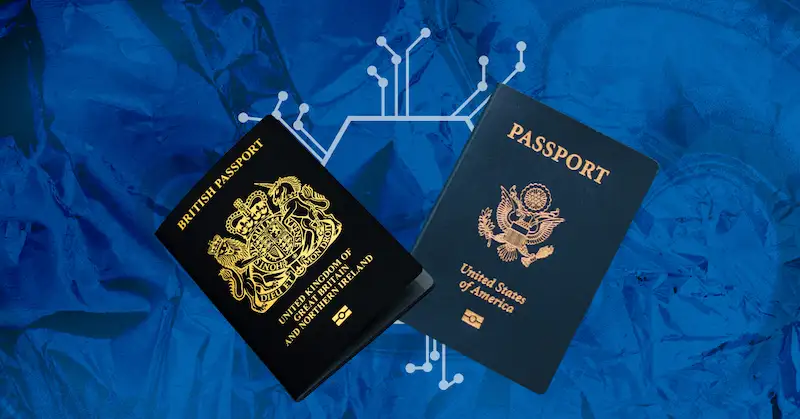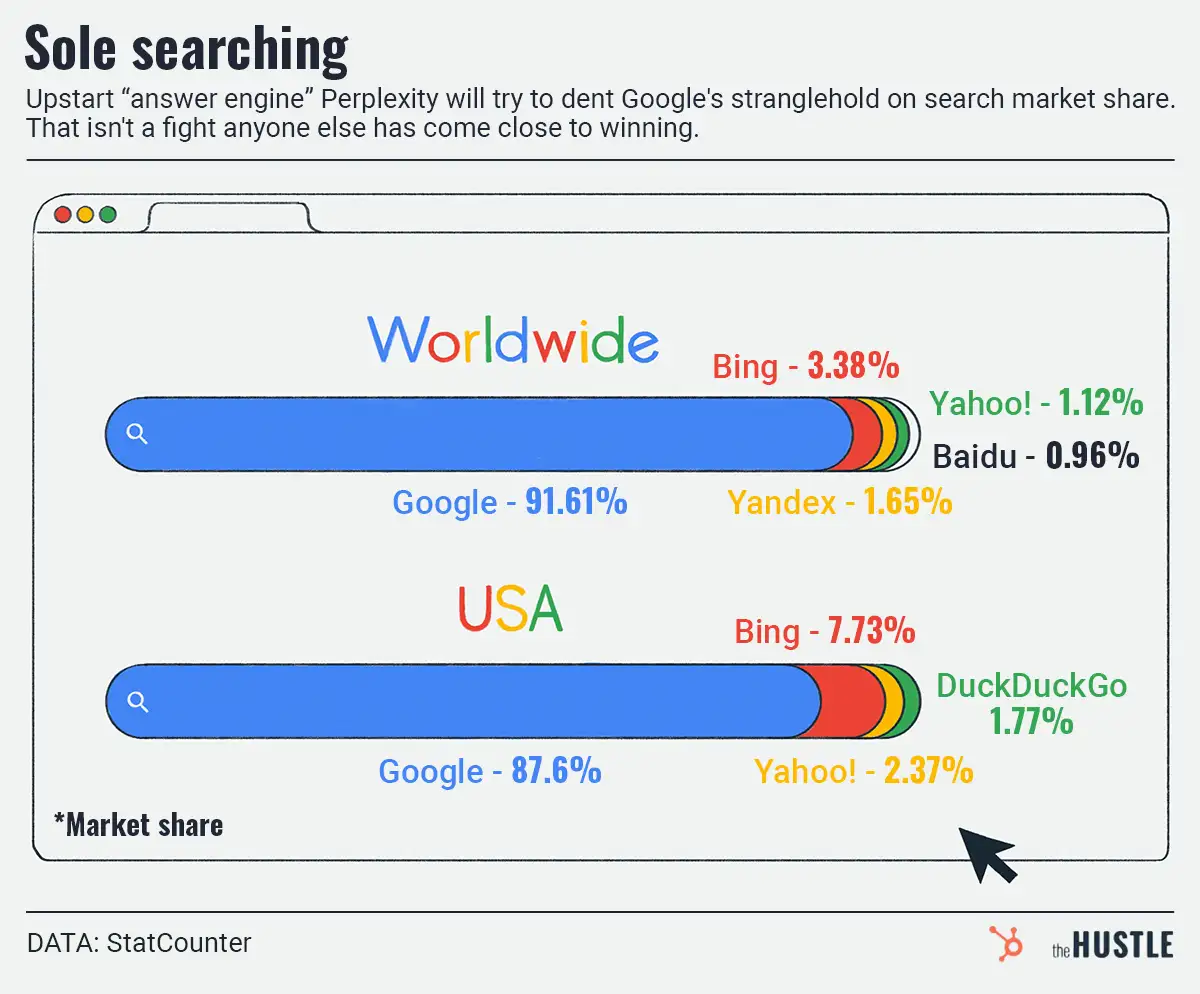Worldwide, 1.5B people speak English… and ~⅔ of these speakers (1B) are nonnative speakers.

ELSA — an AI-powered language app based in San Francisco and Ho Chi Minh City — just raised $15m to take on the massive opportunity.
Knowing English pays off
In English-speaking countries, mispronunciation and lack of confidence result in a reluctance to banter. At best, this leads many people to be overlooked. At worst, people are mistrusted or underpaid.
In places like Southeast Asia and Latin America, English speakers earn 2-3x more than non-English speakers. As a result, English learners often spend much of their disposable income on English classes.
There are gaps in the English-learning market:
- Lockdowns shut down in-person classes: People have turned to online & app-based learning programs like ELSA.
- People need customized feedback: Speaking well isn’t just about pronunciation. It’s about things like intonation, rhythm, and fluency.
- Existing products are lacking: 1:1 tutoring is expensive, and apps don’t offer custom instruction.
How is ELSA different?
Well, with any “AI-powered” apps, the value prop is in the AI.
And ELSA has collected “the largest amount of accented English voice data from millions of users” with which to train its algorithms, according to Vu Van, the startup’s CEO.
“The other existing voice recognition technologies available […] might understand native speakers well,” Van tells TechCrunch, “but have a hard time understanding non-native accented English learner communities.”
If true, the distinction between native and non-native speakers — especially in high-growth markets ELSA is targeting (India, Japan, Vietnam) — may matter a lot less in the future.










